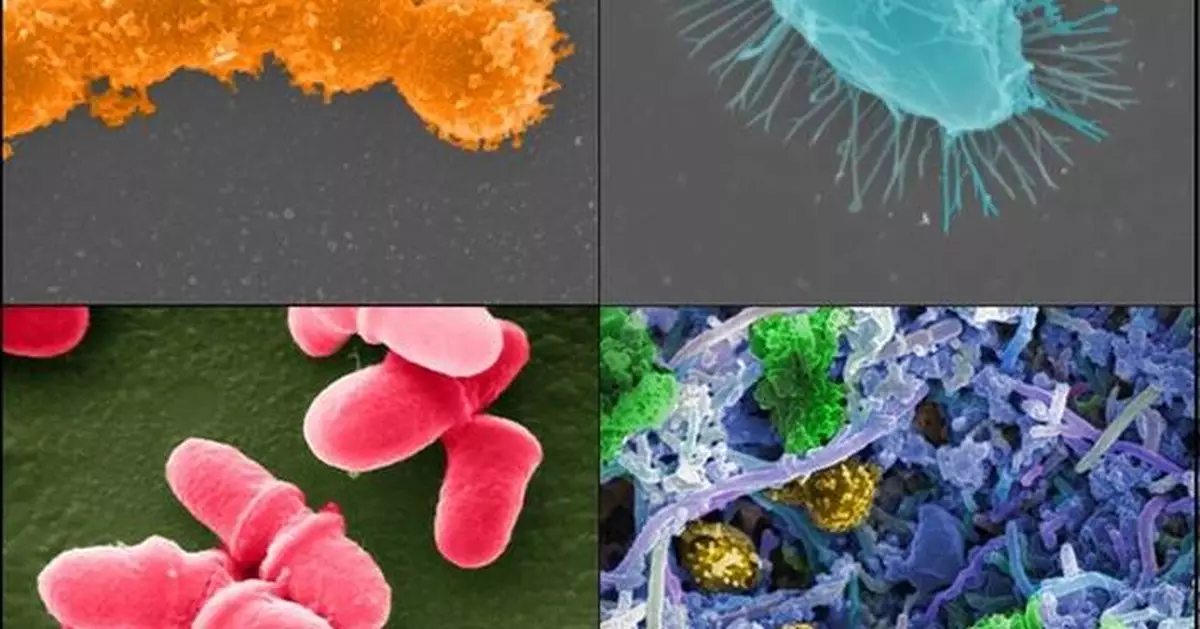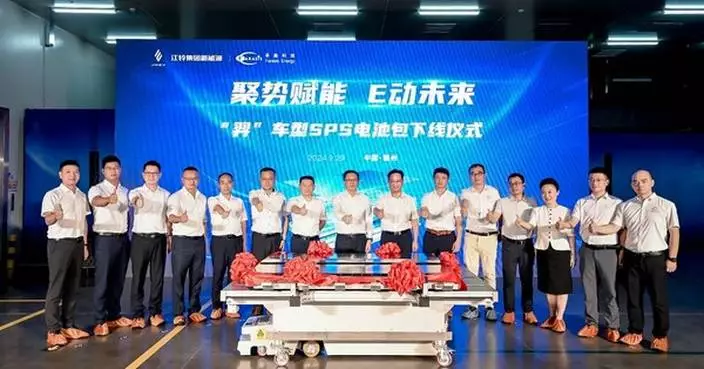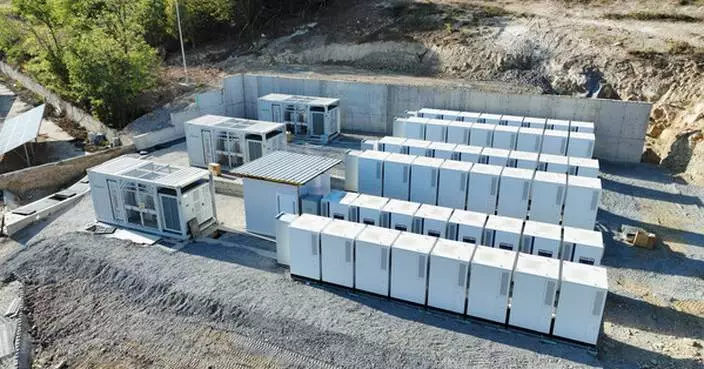New research shows microbes are evolving to resist cleaners used to eliminate them. It also identifies novel strains living in Hong Kong that were previously only found in Antarctic desert soil.
SUZHOU, China, Oct. 18, 2024 /PRNewswire/ -- After the recent pandemic, our use of disinfectants has increased, but are our efforts to create sterile urban environments backfiring?
A new study published in the journal Microbiome has identified novel strains of microbes that have adapted to use the limited resources available in cities and shown that our everyday behaviour is changing the makeup of microorganisms in indoor environments.
"Built environments offer distinct conditions that set them apart from natural and engineered habitats," says Dr Xinzhao Tong, an assistant professor at Xi'an Jiaotong-Liverpool University (XJTLU), China, and lead author of the study.
"Areas with many buildings are low in the traditional nutrients and essential resources microbes need for survival, so these built environments have a unique microbiome.
"Our use of cleaning and other manufactured products creates a unique setting that puts selective pressures on microbes, which they must adapt to or be eliminated, but the mechanisms by which microbes adapt and survive in built environments are poorly understood," Dr Tong explains.
The researchers collected 738 samples from a variety of built environments, including subways, residences, public facilities, piers and human skin in Hong Kong. They then used shotgun metagenomic sequencing to analyse the microbes' genomic content and understand how they have adapted to the challenging urban conditions.
The team identified 363 microbial strains that have not been previously identified that live on our skin and the environment around us. Some of these strains' genomes contained genes for metabolising manufactured products found in cities and using them as carbon and energy sources. This includes the discovery of a strain of Candidatus phylum Eremiobacterota, previously only reported in Antarctic desert soil.
Dr Tong says: "The genome of this novel strain of Eremiobacterota enables it to metabolise ammonium ions found in cleaning products. The strain also has genes for alcohol and aldehyde dehydrogenases to break down residual alcohol found in common disinfectants.
"Microbes possessing enhanced capabilities to utilise limited resources and tolerate manufactured products, such as disinfectants and metals, out-compete non-resistant strains, enhancing their survival and even evolution within built environments. They could, therefore, pose health risks if they are pathogenic."
** The press release content is from PR Newswire. Bastille Post is not involved in its creation. **
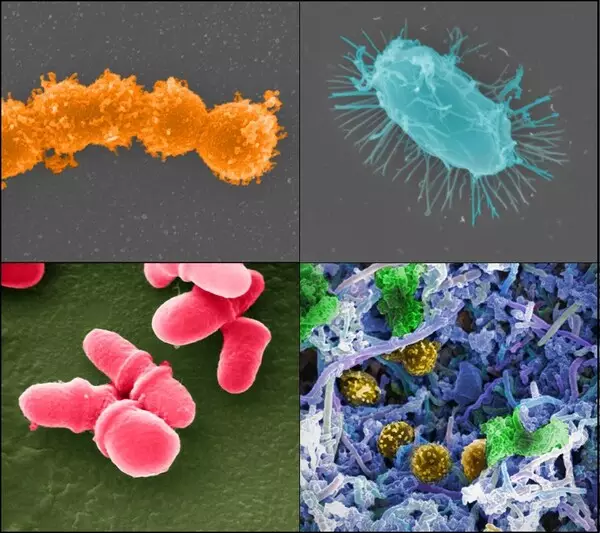
City microbes surviving on disinfectants, research reveals
University measures itself against world's top-rated schools
BEIJING, Oct. 18, 2024 /PRNewswire/ -- A report from China Daily
As The Chinese University of Hong Kong, Shenzhen marks its 10th anniversary, the institution has swiftly risen as a leading educational force in the Chinese mainland, carving a niche with its visionary educational philosophy, robust talent recruitment, interdisciplinary approach, internationalization, and whole-person development.
"We benchmarked ourselves against world-class universities from the very beginning, taking on the mission of exploring valuable experiences for the comprehensive reform of higher education in China," said Professor Xu Yangsheng, CUHK-Shenzhen's founding president and a member of the Chinese Academy of Engineering.
"Establishing an international university in Shenzhen, China's hub of technological advancement in the Guangdong-Hong Kong-Macao Greater Bay Area, by collaborating with a prestigious Hong Kong university allows us to complement each other's strengths in talent cultivation, scientific research, and technology transfer, thereby achieving rapid progress," Xu explained.
"Our university was founded with a macro-perspective, grasping global development trends, including the demands that international politics, economics and technology impose on regional and national development strategies. We actively respond to the strategic needs of China and the Greater Bay Area," he added.
Global talent
In a decade, CUHK-Shenzhen has established itself as a magnet for global academic talent. With a firm commitment to attract a top-tier faculty, the university has recruited more than 650 renowned scholars, including six Nobel laureates, more than 40 academicians and 100 national-level experts.
Recently, Elsevier, a global information analytics company, and the Stanford University released the 2024 list of the world's top 2 percent scientists. CUHK-Shenzhen has 44 scientists making the Lifetime Scientific Impact Ranking and 65 scientists on the Annual Scientific Impact Ranking.
The university's student body has also attracted attention. Over the past nine years, CUHK-Shenzhen has consistently ranked as one of the top universities in Guangdong province for admissions based on gaokao (the national college entrance exam) results. In most provinces, its minimum scores for liberal arts and sciences fall within the top 1 percent and 2 percent.
Innovation
One of CUHK-Shenzhen's standout features is its commitment to interdisciplinary education and research.
Xu said that from the beginning, CUHK-Shenzhen conducted in-depth research into disciplinary trends and national and regional needs, focusing its academic planning on emerging and interdisciplinary fields.
"Its flat organizational structure, with no departmental divisions, encourages cross-disciplinary collaboration, increasing both efficiency and creativity," he added.
To date, CUHK-Shenzhen offers 28 undergraduate programs, focusing on emerging fields such as big data, artificial intelligence, robotics, biomedicine, materials science and energy. By balancing fundamental disciplines with new applied sciences, CUHK-Shenzhen has fostered a unique academic ecosystem where research drives social progress.
Several of the university's key disciplines, including economics, AI and data science, biomedicine, and materials chemistry, are on par with those at leading global universities. Seven of CUHK-Shenzhen's disciplines rank in the top 1 percent globally in the Essential Science Indicators database, and its computer science program ranks 10th among domestic universities in CS Rankings.
Internationalization
From its inception, internationalization has been central to CUHK-Shenzhen's identity. With 150 partnerships with prestigious institutions worldwide, the university has created a vibrant global network, fostering student and faculty exchanges, joint research initiatives and academic collaborations.
"An international university must not only increase academic exchanges with foreign universities in the traditional sense, but also create a holistic international education system," Xu added.
To achieve this, CUHK-Shenzhen adopts international teaching systems and quality review mechanisms, incorporating original and internationally recognized textbooks and uses English as the primary language of instruction.
A clear teaching plan, measurable learning outcomes and assessment standards have been established, and an outcomes-based approach is employed to cultivate students' problem-solving, independent thinking and innovative abilities, Xu said.
The university also enhances its academic exchanges and collaboration with globally renowned institutions, creating international joint innovation platforms and improving mechanisms for faculty exchange and resource sharing.
CUHK-Shenzhen has built a full-cycle innovation ecosystem covering basic research, technical breakthroughs, industrial application, tech financing and talent support.
This includes 95 research institutes and key laboratories, three of which are Nobel Prize labs, focusing on areas such as robotics and AI, big data, bioinformatics, new materials and energy sciences. It has undertaken more than 370 national-level projects and more than 1,000 international projects.
Liberal education
CUHK-Shenzhen inherits CUHK's 60-year tradition of college-based and whole-person education, establishing seven residential colleges and implementing a four-year liberal education curriculum.
"CUHK-Shenzhen places students at the forefront of its mission," Xu said. "Residential colleges create a community space that integrates living, learning and socializing. Through various informal cultural and practical activities, students' education is enriched and their horizons broadened."
** The press release content is from PR Newswire. Bastille Post is not involved in its creation. **
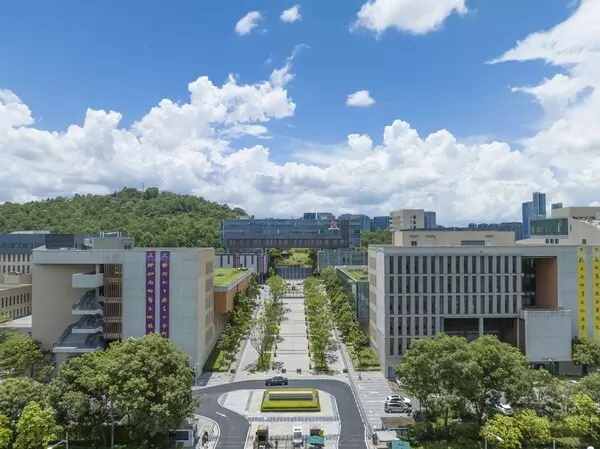
CUHK-Shenzhen reviews 10 years of achievements



